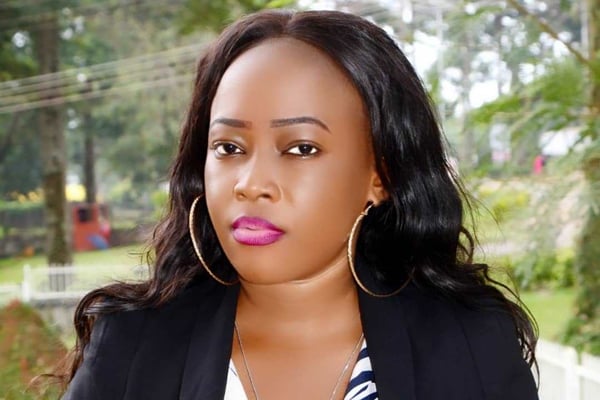Prime
Kampala refugees suffer from mental illness - scientists

Some of the trained peer counselors from refugee camps having a discussion with Dr Penelope Yanni in Kampala on November 24. Photo/Eve Muganga
What you need to know:
- Evidence reveals that when you confide in others who have similar experiences, it helps aid recovery.
Scientists in Uganda have revealed that many urban refugees who live in Kampala suffer from mental health related issues.
The medical researchers from Medical Research Centre (MRC), Uganda Virus Research Institute (UVRI) and London School of Hygiene & Tropical Medicine (LSHTM) Uganda Research Unit, Coventry University and the CLAMP Project The CLAMP project provide emotional well-being support for urban refugees in Kampala, who come from various countries including the Democratic Republic of Congo, Burundi, and Rwanda.
Dr Eugene Kinyanda, a Psychiatrist and Head of the Mental Health Section of the MRC/UVRI & LSHTM Uganda Research Unit said on November 24 that about 470 out of the 80,000 refugees, who live in Kampala are undergoing mental health treatment.
Dr Kinyanda was addressing the media at the CLAMP (Community Wellbeing and Mental Health Project among Refugees in Uganda) offices in Rubaga.
“Uganda hosts over 1.5 million refugees and because of the trauma that they have gone through, they experience a lot of mental health problems, including depression, post traumatic disorder, anxiety and alcohol abuse, among others,” he said.
“Working together with partners and with support from the CLAMP family, we have come up with a model that we think can address this burden of mental health problems,” he added.
The care model has three steps, including refugee peer counsellor-led psychological intervention, psychiatric nurse/psychiatric clinical officer-led intervention, and referral to a mental health department at the regional or national hospital where specialized mental health services are available, including assessments and treatment.
“Our primary focus is to select and train refugees in counselling, enabling them to counsel their peers to increase resilience within the community, and help manage depression, anxiety, and psychological trauma. As of today, seven refugees from the Somalia and Congolese communities have been interviewed and recruited as peer counsellors,” Dr Kinyanda said.
Dr Hellen Liebling, a Clinical Psychologist from Coventry University said that the CLAMP project has been cited by the United Nations High Commission for Refugees (UNHCR) as a model of good practice for employing refugees as peer counsellors.
“Evidence reveals that when you confide in others who have similar experiences, it helps aid recovery. We also had social enterprises, but due to lack of funding and other challenges, these are not happening currently. If we get additional funds, we would like to restart these and extend services to other urban refugees, publish the good work and undertake further evaluation while extending the model to other conflict survivors in Uganda, Africa and globally,” Dr Liebling said.
Dr Penelope Yanni, the Managing Director and a Psychiatrist from the CLAMP Project, said “the project also assists refugees in establishing social enterprise projects that help them generate sustainable income to support their families. The social enterprises also provide group support where refugees can share and solve the challenges they face in a trusted space. Some of the social enterprises started in 2019 included soap making and Ugandan traditional dressmaking.”
Mr Saidi Mbilizi, a refugee from Congo who is currently working as a peer counselor in the Clamp project said, "Training us has helped me benefit how to deal with life’s stressors and solve real life difficulties and I have been empowered to help refugees within my community.''





